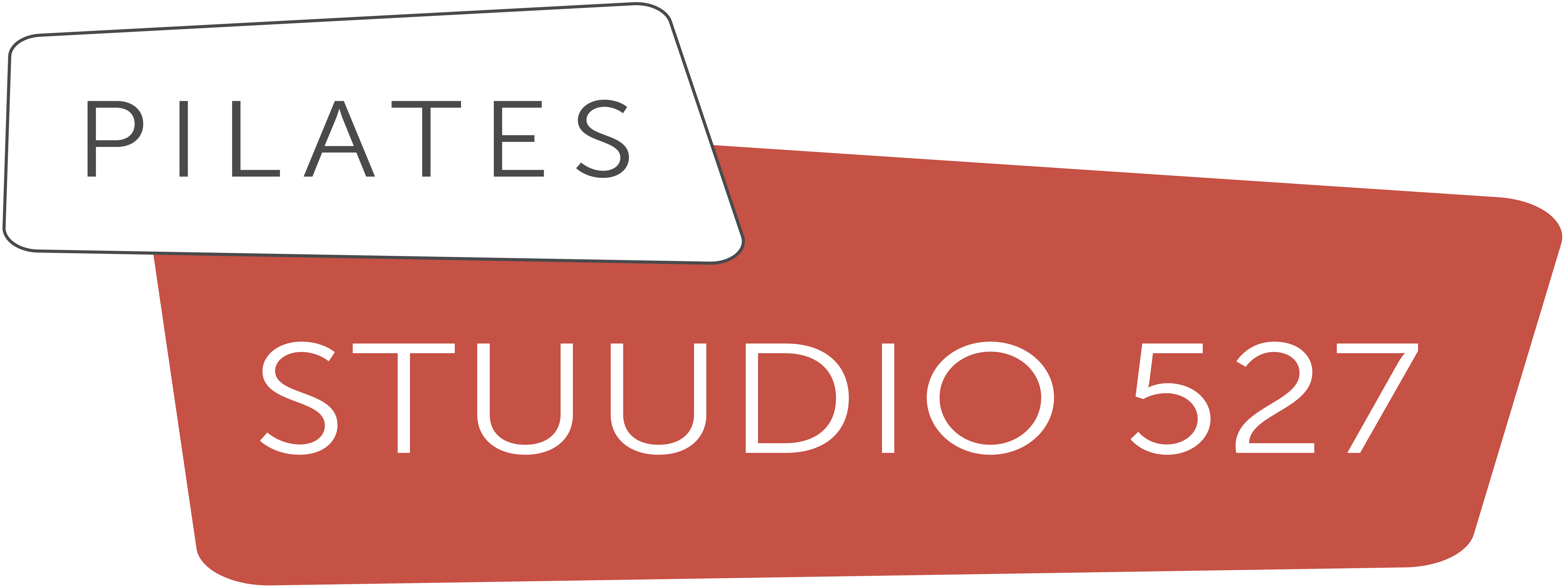Use time-tracking software or detailed timesheets to ensure accurate allocation of labor costs to each project. Begin by organizing your finances with a chart of accounts tailored to the construction industry. Include categories like materials, labor, subcontractors, equipment, and overhead costs. Determining the best accounting software for a construction company depends on factors such as business size and project complexity. The Access Coins financials module enables purchasing and payment transactions to be processed within a single portal. Data from across your business is securely hosted on the cloud, with controlled access for each user to keep confidential data safe.
How does accounting software improve productivity?
Construction accounting focuses on tracking materials and labour, and the scope of construction accounting is beyond just a fixed office or manufacturing environment. The UK government has introduced a raft of changes to construction accounting, including the VAT domestic reverse charge, and new processes for submitting tax returns via Making Tax Digital. Unlock the keys to your success with financial projections and prepare for the future with cash flow management assistance from Rooks Bookkeeping.
Understanding Objectives and Deliverables in Project Management
- You can invoice clients and make payments directly from the app and monitor the budget to make sure you stay on track.
- Management should provide oversight to ensure that internal controls are being followed and that any weaknesses are addressed in a timely manner.
- The primary objectives are to safeguard project budgets, track costs and revenue, reduce expenses, and ensure efficient project management.
- When it comes to real estate management, the platform takes static information, such as lease contracts, and transforms them into dynamic information resources.
- After adopting construction-specific accounting software, an astounding 67% of firms reported an uptick in profitability by an average of 14%.
- Every job site needs to be tracked in terms of equipment and varying labor wage rates.
Not only will you have a complete overview of your finances, you’ll also be able to track project progress and profitability. For one thing, construction companies typically have a lot of money tied up in projects that are in progress. That means they must put more effort into carefully tracking their costs and revenue, bill clients correctly, and diligently manage their cash flow. Payment application reports, also known as pay apps, are crucial documents exchanged between contractors during payment processes. They typically include a schedule of values for materials delivered or work completed, photo documentation for evidence, daily reports for project details, and lien waivers from relevant parties.
How is Construction Bookkeeping Different?
Most existing bookkeeping solutions automate one or more aspects of bookkeeping. However, there’s still no software available that can automate the entire bookkeeping process. Some of it is likely reserved for things like payroll, covering expenses, and paying taxes. You should also add your income and expenses from each project into a general ledger to get an accurate overview of your gross and net income. According to the Construction Financial Management Association, pre-tax net profits average between just 1.4% and 3.5% for contractors How to leverage construction bookkeeping to streamline financial control and subcontractors. You need to record both direct and indirect costs if you want to track and spend efficiently.
- Nothing would be worse than losing years of data to a computer crash or natural disaster.
- Choosing the right software for your construction company requires understanding your unique needs and selecting a solution that can grow with your business.
- Direct costs are typically assigned to specific cost codes within the accounting system, which allows for detailed tracking and management of these expenses.
- Construction bookkeeping services can assist in streamlining this process and ensuring that all expenses are properly documented.
- Well-prepared financial statements in the final accounts contain a goldmine of timely and revealing information about your company’s financial position.
- It provides valuable insights which help business owners to take necessary business decisions wisely.
Construction has a unique type of payment structure that includes retainage, https://www.inkl.com/news/the-significance-of-construction-bookkeeping-for-streamlining-projects Retainage is the amount of money that clients withhold until they are satisfied with a project. When you have multiple projects going on, you need reliable and strong retainage management to ensure you have capital in case the client withholds the money. All of these factors make construction bookkeeping an essential element for businesses. With so many moving parts, it is easy for records to be forgotten, lost, or not entered in the books at the right time. The Advanced plan adds the ability to create accurate estimates and provide full financial transparency.
Invest in Cloud Accounting Software:
- Working with a certified bookkeeper or accountant specializing in construction accounting can greatly benefit your business.
- To avoid these issues, it is crucial for contractors to carefully consider the retainage rate before starting a project.
- The system also allows you to scan and organize receipts so that all project expenses are kept in one place.
- When tracking your transactions, a double-entry bookkeeping system is the best way to ensure your records’ accuracy and reliability.
- Embracing the idea of outsourcing bookkeeping services can prove to be an efficient choice for construction companies aiming to optimize their time and resources.
This decentralized approach in construction promotes flexibility and responsiveness, as project teams can adapt to unique challenges and opportunities at each site. It enables effective utilization of local resources and expertise, reducing transportation costs and time. However, managing decentralized production requires robust coordination, communication, and planning to ensure seamless collaboration between teams.
